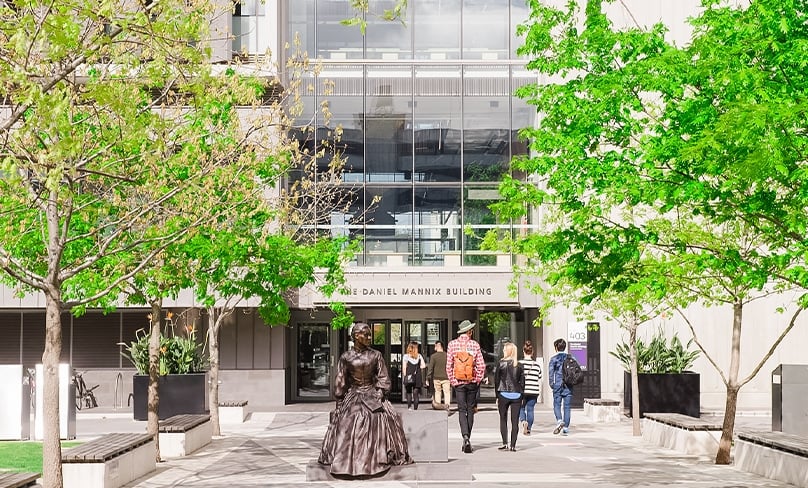
Significant staff cuts to the humanities at the Australian Catholic University have been roundly criticised by academics, who have raised questions over the university’s commitment to theological research and its Catholic identity.
Thirty-two full time equivalent jobs, as well as the current Medieval and Early Modern Research program and the Dianoia Institute of Philosophy, will be lost in the university’s academic draft change management plan announced on 12 September.
The proposed changes affect mostly theology, philosophy, and history, and come after dozens of cuts to non-academic staff earlier this year.
Another round of cuts is expected to come as part of the university’s attempt to address a predicted financial deficit of more than $30 million.
An open letter protesting the proposed cuts by Professor Megan Cassidy-Welch, the director of the medieval and early modern studies research program, had gained around 1000 signatures at the time of printing, and a change.org petition more than 2600 signatures.
“Medieval and early modern studies is an interdisciplinary area that encompasses historical, literary, theological, religious, philosophical, art and music studies and more. It is not simply an area of ‘history’ (as has been identified by the ACU cuts), but an area that traverses and engages with many academic areas of inquiry,” Professor Cassidy-Welch wrote.
“At a university that prides itself on its Catholic mission and focus, it is therefore surprising that an integral area of study that contextualises, explains and advances its Catholic history and inquiry in all its historical and contemporary forms would be chosen to be cut.
“ACU’s ‘Faith and Values’ statement asserts that the university draws ‘inspiration from the
“heart of the Church” building on the ancient tradition which gave rise to the first universities in medieval Europe.
“Retaining a dedicated research program in the areas that are fundamental to this inspiration is of critical importance.”
President of the Australian Historical Association Professor Frank Bongiorno expressed his “dismay” and implored the university to reverse its decision.
“Any history job losses would not only be devastating to the individuals involved but also a great loss to ACU students, and to the wider history community, both here in Australia and around the world,” he wrote in a statement.
Deputy Vice-Chancellor Research and Enterprise Professor Abid Khan said that staff numbers had grown “considerably” in the past few years.
“So much that our staffing profile is disproportionate to the number of students in these subjects and is out of step with the rest of the higher education sector,” he said in a statement.
“So we are moving to realign and better integrate our teaching and research in these areas.
“ACU has to address a forecast financial deficit which exceeds $30 million and is expected to grow unless significant further cost-cutting measures are undertaken.
“This plan is one of a number of measures across the university being taken to reduce costs and raise revenue.”
Professor Khan said the plan would implement “a more balanced and sustainable academic model will integrate the university’s diverse research and education offerings more tightly.”
“Through this process, we are repositioning ourselves to provide greater institutional transparency into the research being conducted, more closely align discipline and financial resources, foster greater interdisciplinarity, and increase accessibility of resources to the entire research community that will be able to affiliate with the research in relevant themes.”
He said that despite media reporting to the contrary, ACU has not stopped teaching or research of history, including in medieval studies and early modern history and that there is “no intention to do so.”
Philosophy and history disciplines “are vital to our broad and excellent range of studies and a key component of a Catholic university,” he said.
The draft plan describes ACU’s current situation as operating in a difficult economic environment and at a “critical juncture,” and acknowledges the adverse effects of the proposed changes on individuals and the workplace culture.
“The current research staffing profile has become, in some cases, poorly aligned to the university’s external educational offerings, both in terms of scale and discipline mix.
“An array of research is now conducted in areas where there is little or no commensurate education offered, while other major areas of education lack a relevant and identified research cluster,” it says.
